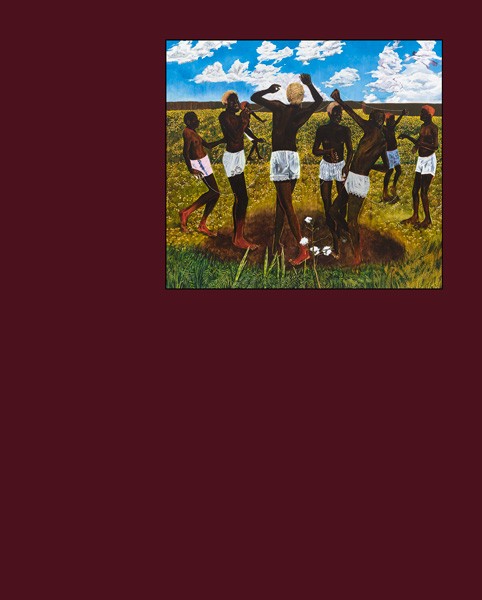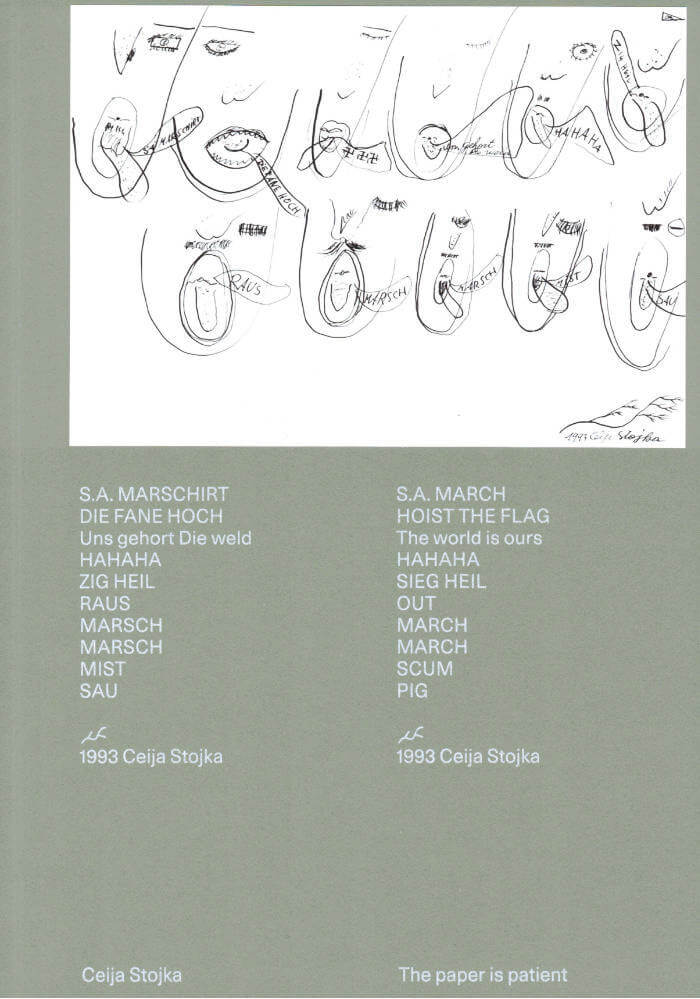
A history of the world as it has become known to me
Publication focusing on Cantor's final project Pinochet Porn (2008–16)—an epic experimental film taking the form of a soap opera about the intimate life of people under the military dictatorship of Chile. A dramatic, transgressive and explicitly feminist work, embodying and radically extending Cantor's multifaceted artistic practice.
Ellen Cantor combined ready-made materials with diaristic notes and drawings to probe her perceptions and experiences of personal desire and institutional violence. This book is concerned with, and a document of, Cantor's work through the lens of Pinochet Porn (2008–16) and its making—an epic experimental film embodying and radically extending her multifaceted artistic practice. Taking the form of an episodic narrative about five children growing up under the regime of General Augusto Pinochet in Chile, and shot between her dual hometowns of London and New York, history is observed through Cantor's fictive speculations on private experience within a totalizing political order. A history of the world as it has become known to me brings together writings and archival materials of Cantor's, including a reproduction in full of her drawing-based script Circus Lives from Hell (2004), alongside contributions by writers, artists, collaborators, and friends reflecting on Cantor's practice, Pinochet Porn, and a singularly transgressive vision: explicitly feminist, remorselessly emotional, dramatic in tone, and, as Cantor herself liked to put it, adult in subject matter.
Language: English







